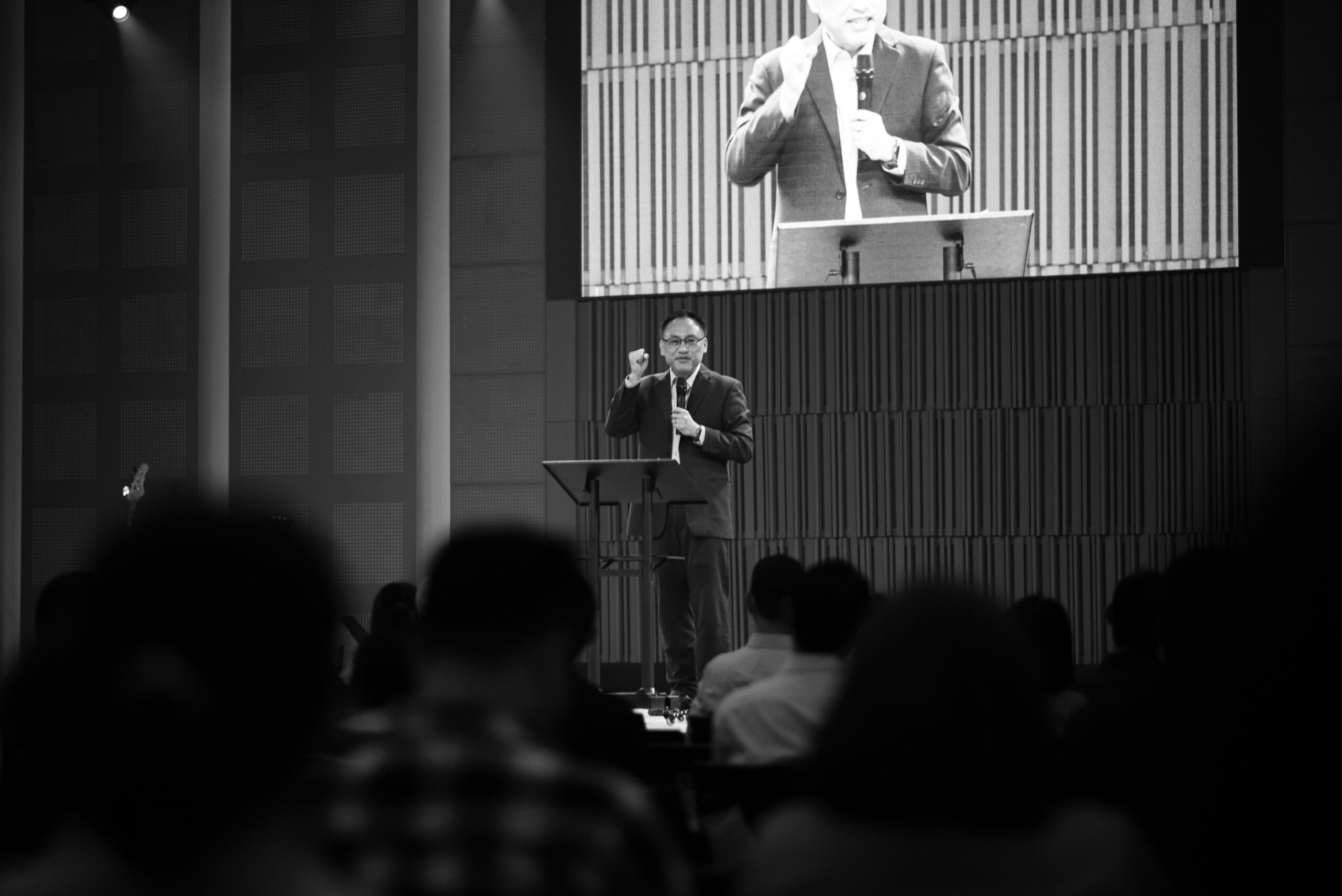And you will hear of wars and rumours of wars. See that you are not alarmed, for this must take place, but the end is not yet. – Matthew 24:6
This verse from the Gospel of Matthew speaks to humanity’s long struggle with conflict and strife, yet it also infuses us with quiet resilience. Wars, while devastating, are not signals of immediate doom; rather, they are trials to be surmounted, each bringing us closer to an ultimate end. Throughout history, sermons have served as beacon lights in these darker times. They have rallied spirits, offered solace, and instilled hope amidst the despair of war. This article will delve into the ties that bind sermons and war, particularly how the former has brought rays of hope to the gloomy corridors of the latter. By examining real-life instances across different eras, we will explore the transformative power of words, faith, and spiritual resilience during times of conflict.
One of the most inspirational figures of World War II, British Prime Minister Winston Churchill, harnessed the power of speeches to steer a nation through its darkest hour. His speeches were like secular sermons, embodying the spirit of resistance and hope. Churchill’s addresses, such as the well-known “We Shall Fight on the Beaches” and “Their Finest Hour,” were not merely informative but emotionally charged, rousing the British public to continue the fight against the creeping shadow of fascism. His words stirred a sense of unified resilience within the populace, and his unwavering courage reflected in his rhetorical determination: “We shall never surrender.”
Parallel to Churchill’s secular sermons, C.S. Lewis was delivering a different kind of inspiring message, one grounded in Christian faith. During the war, Lewis hosted a series of radio broadcasts that would later be compiled into the book “Mere Christianity.” In these discourses, Lewis sought to explain and defend the fundamental beliefs of Christianity in a way that could be understood by regular people grappling with the horrors of war. His broadcasts provided a source of comfort and clarity amidst the uncertainties of conflict. He elucidated the essence of Christian love, forgiveness, and moral responsibility, offering guidance in a world where morality seemed to be in jeopardy. His broadcasts, like a sermon, gave listeners not just solace, but a moral compass during the stormy weather of war.
On the other side of the war was Dietrich Bonhoeffer, a German theologian and pastor who emerged as a beacon of moral courage and spiritual resistance during the dark days of World War II. His sermons and writings challenged the Nazi regime’s oppressive ideology and offered a message of hope and resilience to those seeking solace amidst the horrors of war. Bonhoeffer’s unwavering commitment to justice and his deep-rooted faith led him to become a vocal critic of the Nazi regime, denouncing its atrocities and calling for active resistance. His sermons and writings provided a source of inspiration and moral clarity to those struggling against the oppressive regime.
Bonhoeffer’s unwavering commitment to his beliefs ultimately led to his arrest and imprisonment by the Gestapo. Despite the harsh conditions of his confinement, he continued to write and minister to fellow prisoners, offering them spiritual guidance and solace.
Archbishop Desmond Tutu played a pivotal role in promoting reconciliation and healing in the aftermath of the Rwandan genocide, a horrific tragedy that left deep scars on the nation’s psyche. Through his unwavering commitment to peace, justice, and forgiveness, Tutu emerged as a beacon of hope for a country grappling with the trauma of ethnic violence. Utilizing the twin mechanisms of sermons and truth commissions, he invoked the power of collective forgiveness to effect healing across the devastated land.
Tutu’s gentle countenance, steeped in incorruptible integrity, emanated strength, providing a safe haven for communities navigating civil unrest. His words were not mere speeches but heartfelt sermons that opened pathways to crucial dialogues of reconciliation.
These historical figures and their heartening sermons in times of desperation stand as a testament to how God in His infinite compassion has time and again provided comfort through the vehicle of sermons. In the face of war, these messages become the whispers of divine reassurance, reminding us that no tribulation is too great to overcome with faith, and no darkness too deep to be penetrated by the light of hope. As we navigate the future, we know wars and rumours of war will still be a constant in this world but we have a reminder of the power of faith and we can look up to God to instill hope amidst despair.
